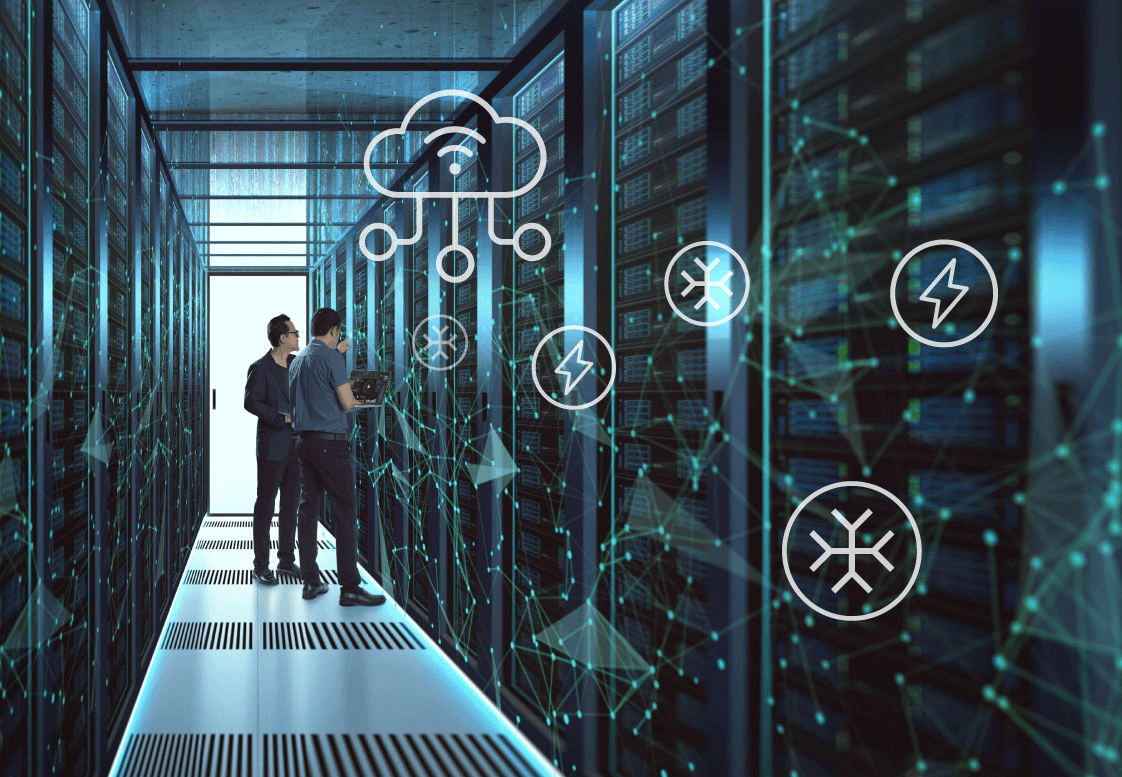Guidelines to help enterprises analyze and better understand the potential for server efficiency improvements
Improving IT server efficiency – meaning energy use relative to the work processed — has become a critical area of focus for organizations that want to meet and exceed sustainability targets for their digital infrastructures. This report analyzes server data from The Green Grid’s Server Efficiency Rating Tool (SERT) database. The goal is to provide quantitative guidance to help enterprises estimate their server energy-saving potential. Increasing server utilization, optimizing the refresh (replacement rate) to newer server generations, and applying power management can all bring significant energy efficiency improvements.
KEY POINTS
• Server efficiency generally increases by 50% when processor utilization is doubled from low levels (20% to 30%).
• A leap of two server technology generations can bring major energy efficiency improvements (150% to 300% for AMD and 50% to 100% for Intel).
• To improve efficiency when refreshing 2019 servers with 2021 servers, a data center operator needs to deploy 2021 servers with higher work capacity/core count.
• Power management can improve server efficiency by 10% to 15%.
• Capacity needs to be put to work. Newer generation servers tend to only deliver major efficiency gains when they carry larger workloads. A simple one-to-one machine migration may result in little to no efficiency improvement.
Download the full report:
https://uptimeinstitute.com/resources/research-and-reports/server-energy-efficiency-five-key-insights





